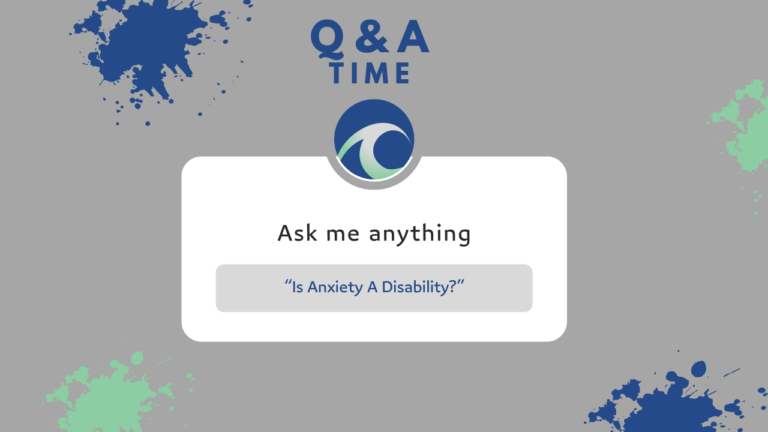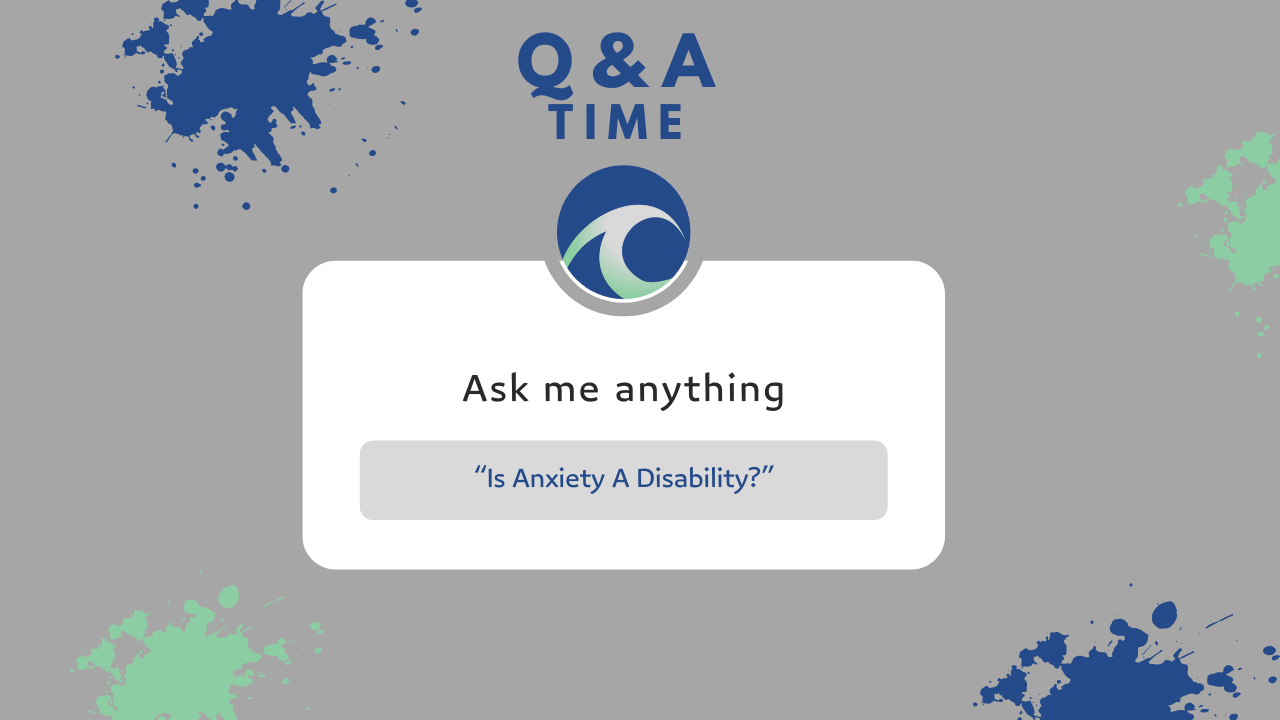
Is Anxiety a Disability? Exploring the Legal and Medical Perspectives
Anxiety is a common mental health condition that affects millions of people worldwide. It is characterized by excessive worry, fear, and nervousness, which can interfere with daily activities and relationships. While anxiety is not considered a physical disability, it can still have a significant impact on a person’s ability to function in certain situations.
There is ongoing debate over whether anxiety should be considered a disability under the Americans with Disabilities Act (ADA) and other similar laws. While some argue that anxiety can be debilitating and should be protected under disability laws, others believe that it is not a true disability and that accommodating anxiety would be too difficult for employers and other organizations. Despite this debate, many people with anxiety continue to struggle with discrimination and lack of understanding in the workplace and other settings.
Understanding Anxiety
Definition and Types
Anxiety is a normal human emotion that is often experienced in response to stress, danger, or uncertainty. However, when anxiety becomes excessive, persistent, and interferes with daily activities, it can be classified as a mental health disorder. Anxiety disorders are a group of conditions characterized by intense, excessive, and persistent fear or worry about everyday situations.
There are several types of anxiety disorders, including Generalized Anxiety Disorder (GAD), Panic Disorder, Social Anxiety Disorder (SAD), Obsessive-Compulsive Disorder (OCD), Post-Traumatic Stress Disorder (PTSD), and Specific Phobias. Each type of anxiety disorder has its own unique symptoms and diagnostic criteria.
Symptoms and Diagnosis
The symptoms of anxiety disorders can vary widely depending on the type of disorder, but some common symptoms include excessive worry, fear, and avoidance of certain situations or objects, restlessness, irritability, muscle tension, and sleep disturbances.
Diagnosing an anxiety disorder typically involves a thorough evaluation of the patient’s symptoms, medical history, and mental health history. The Diagnostic and Statistical Manual of Mental Disorders (DSM-5) is often used by mental health professionals to diagnose anxiety disorders.
In addition to clinical evaluations, various psychological tests and assessments may be used to help diagnose anxiety disorders. These tests can include self-report measures, behavioral observations, and physiological measures such as heart rate and blood pressure.
Overall, understanding anxiety and its various types and symptoms is crucial for accurate diagnosis and effective addiction treatment.
Anxiety as a Disability
Legal Frameworks
Under the Americans with Disabilities Act (ADA), individuals with disabilities are protected from discrimination in employment, housing, and other areas. The ADA defines a disability as a physical or mental impairment that substantially limits one or more major life activities. Anxiety disorders, such as generalized anxiety disorder, panic disorder, and social anxiety disorder, may qualify as disabilities under the ADA if they substantially limit an individual’s ability to perform major life activities, such as working, interacting with others, or concentrating.
Qualifying Conditions
To qualify as a disability under the ADA, an individual must have a record of a disability or be regarded as having a disability. This means that an individual who has a history of an anxiety disorder or who is perceived by others as having an anxiety disorder may be protected under the ADA. However, not all anxiety disorders will qualify as disabilities under the ADA. The severity and duration of the anxiety disorder, as well as its impact on the individual’s ability to perform major life activities, will be taken into consideration.
In addition to the ADA, individuals with anxiety disorders may also be protected under state and local laws. These laws may provide additional protections or may have different definitions of disability. It is important for individuals with anxiety disorders to understand their rights under all applicable laws and to seek legal advice if they believe their rights have been violated.
Living with Anxiety
Workplace Accommodations
Individuals with anxiety may require certain accommodations in the workplace to help manage their symptoms. Some common accommodations include flexible work hours, the ability to work from home, a private workspace, and reduced workload or responsibilities. Employers may also consider providing access to mental health resources, such as an employee assistance program or therapy sessions.
Daily Life and Management
Managing anxiety on a daily basis can be challenging, but there are strategies that can help. These include practicing relaxation techniques like deep breathing or meditation, engaging in regular exercise, getting enough sleep, and avoiding alcohol and caffeine. It can also be helpful to establish a routine and prioritize self-care activities like spending time with loved ones or engaging in hobbies.
In addition, individuals with anxiety may benefit from seeking professional help, such as addiction therapy or medication. It is important to note that everyone’s experience with anxiety is unique, and what works for one person may not work for another. It may take some trial and error to find the right combination of strategies and treatments that work best for each individual.
Overall, living with anxiety can be challenging, but with the right support and resources, individuals can manage their symptoms and lead fulfilling lives.
Support and Resources
Individuals with anxiety may benefit from seeking support and resources to help them manage their symptoms. The following are some options that may be helpful:
Therapy
Therapy can be an effective way to manage anxiety. Cognitive-behavioral therapy (CBT) is a common type of therapy that can help individuals identify and change negative thought patterns and behaviors that contribute to anxiety. Other types of therapy, such as exposure therapy and mindfulness-based therapy, may also be helpful.
Medication
Antidepressants and anti-anxiety medications can be prescribed to help manage anxiety symptoms. It is important to work with a healthcare provider to find the right medication and dosage, as well as to monitor for side effects.
Support Groups
Support groups can provide a safe and supportive environment for individuals with anxiety to share their experiences and learn from others. Many organizations offer support groups specifically for individuals with anxiety.
Self-Care
Self-care practices can help individuals manage anxiety symptoms. These may include exercise, meditation, deep breathing, and other relaxation techniques. It is important to find what works best for each individual and to make self-care a priority.
Overall, there are many options available for individuals with anxiety to seek support and resources. It is important to find what works best for each individual and to seek help when needed.
At Waterside Recovery Centers we pride ourselves on providing the top addiction treatment in Massachusetts. With a range of evidence-based, client-focused and individualized treatment offerings, we are able to provide the ideal support for those seeking recovery from substance addiction. Please feel free to reach out to our help line at anytime.
(866)671-8620





